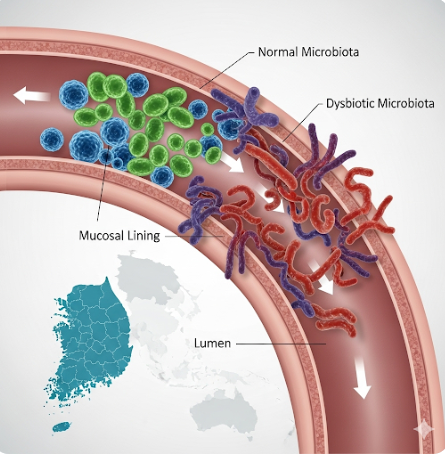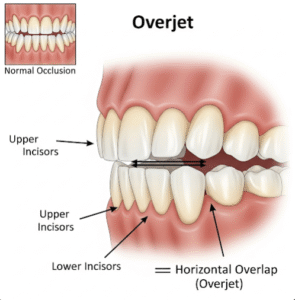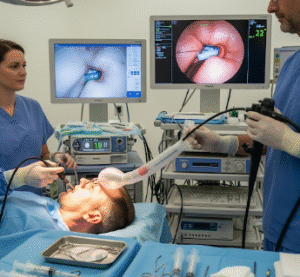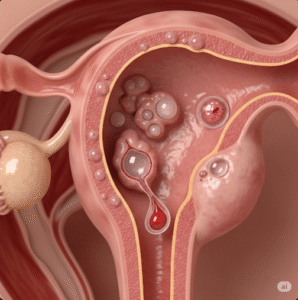Overview
Dysbiosis refers to an imbalance in the gut microbiota, where harmful bacteria outnumber beneficial ones, disrupting normal digestive and immune functions. In South Korea, increasing awareness of gut health has highlighted dysbiosis as a contributing factor to gastrointestinal disorders, metabolic issues, and immune dysfunction. Proper diagnosis and treatment are essential for restoring a healthy gut microbiome.
What is Dysbiosis?
Dysbiosis occurs when the natural balance of gut bacteria is disturbed due to factors such as poor diet, antibiotics, stress, or chronic illness. This imbalance can affect digestion, nutrient absorption, immune response, and even mental health, as the gut-brain axis is closely linked.
Symptoms
Common symptoms of dysbiosis include:
- Bloating and abdominal discomfort
- Gas and flatulence
- Diarrhea or constipation
- Food intolerances or sensitivities
- Fatigue and low energy
- Mood changes, including anxiety or depression
- Recurrent infections due to weakened immunity
Causes
Causes of dysbiosis may include:
- Prolonged or frequent use of antibiotics
- High-sugar or low-fiber diet
- Chronic stress or sleep disturbances
- Gastrointestinal infections or inflammatory bowel disease
- Overgrowth of harmful bacteria, yeast, or fungi in the gut
Risk Factors
Risk factors for dysbiosis include:
- Antibiotic use without probiotics or post-treatment recovery
- Poor diet low in fiber and fermented foods
- Chronic gastrointestinal disorders such as IBS or Crohn’s disease
- Autoimmune or metabolic disorders
- Sedentary lifestyle and chronic stress
Complications
If left unaddressed, dysbiosis can lead to:
- Chronic gastrointestinal disorders (IBS, IBD)
- Nutrient deficiencies due to impaired absorption
- Increased susceptibility to infections
- Metabolic disorders such as obesity or type 2 diabetes
- Mood disorders through the gut-brain axis
Prevention
Preventive strategies include:
- Eating a high-fiber diet rich in fruits, vegetables, and whole grains
- Incorporating fermented foods like kimchi, yogurt, and probiotics
- Limiting unnecessary antibiotic use
- Maintaining regular physical activity
- Managing stress and ensuring proper sleep
Treatment Options in Korea
In South Korea, treatment of dysbiosis focuses on restoring gut microbiota balance and addressing underlying causes:
Dietary Management:
- High-fiber diets and prebiotics to nourish beneficial bacteria
- Probiotics through supplements or fermented foods
Medical Treatment:
- Antibiotic therapy for specific pathogenic overgrowth under medical supervision
- Medications for associated gastrointestinal symptoms
Lifestyle Interventions:
- Stress management and regular exercise
- Hydration and adequate sleep
Specialized Care:
- Gastroenterology departments in Korean hospitals offer comprehensive evaluation through stool analysis, microbiome testing, and digestive function tests
- Nutritionists and dietitians provide personalized diet plans to restore microbial balance
With early recognition and targeted interventions in Korea, patients with dysbiosis can improve gut health, enhance digestion, and support overall immunity and wellbeing.













